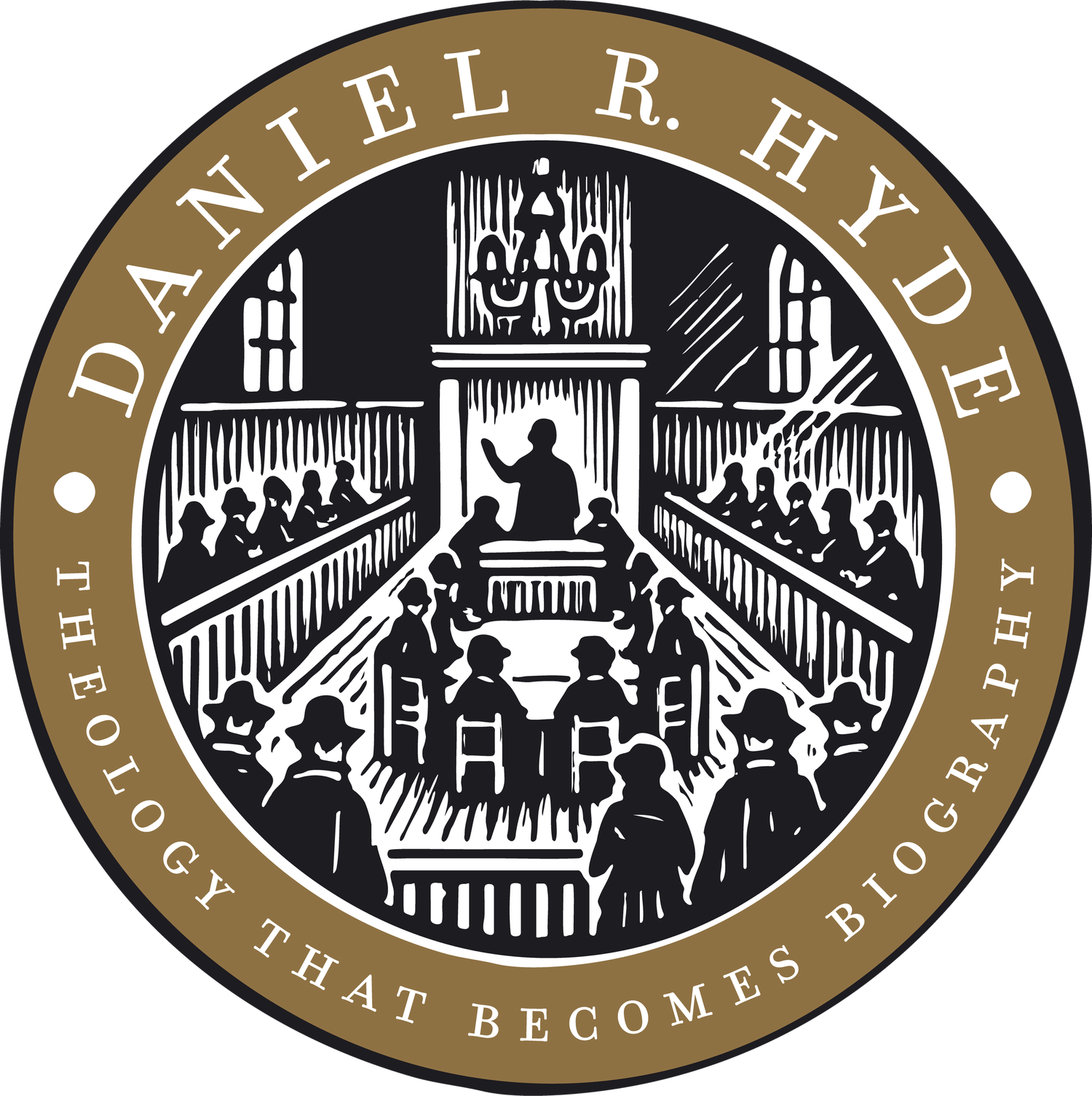“Lost Keys: The Absolution in Reformed Liturgy.” Calvin Theological Journal 46:1 (April 2011): 140–166.
In this academic journal article, Dr. Daniel R. Hyde uncovers the historical significance of absolution in sixteenth-century Reformed worship, where reformers like John Calvin and Martin Bucer declared forgiveness as a vital exercise of the “keys of the kingdom.” Tracing its decline within the Dutch Reformed tradition after the 1581 Synod of Middleburg and its failed revival in the early twentieth-century Christian Reformed Church due to fears of Roman Catholic influence, Hyde argues passionately for its restoration to Reformed liturgical life. He emphasizes the role of absolution in proclaiming the gospel, assuring believers of God’s mercy, and fostering spiritual joy, presenting it as a ministerial act grounded in Christ’s authority, rather than a priestly ritual. This compelling study calls for reclaiming this “lost key” to enrich contemporary Reformed worship.

